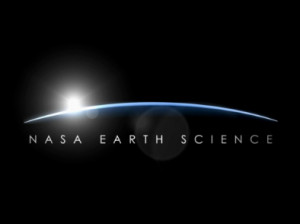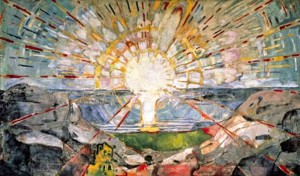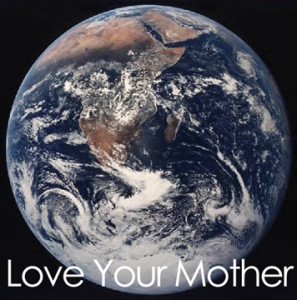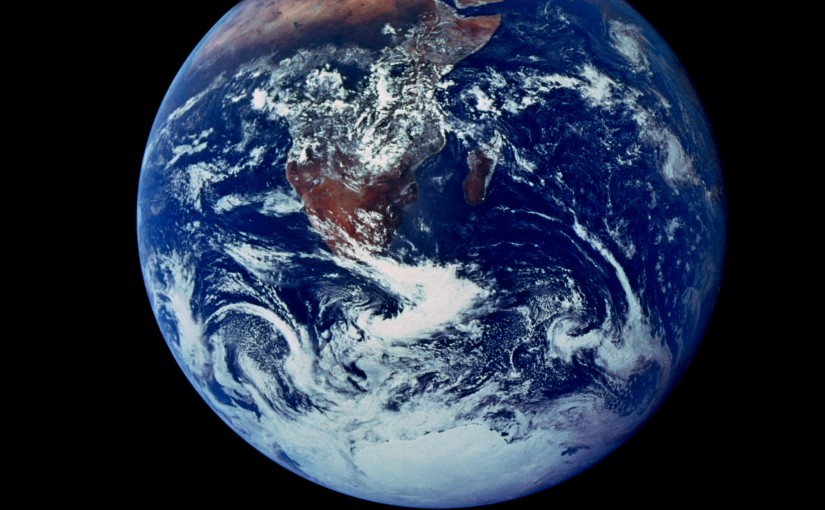Earth Day 2015
Dear Senator Cruz,
On this Earth Day 2015, I thought I would write my fourth letter pondering our relationship to the earth from the perspective of our shared Judeo-Christian heritage.
I’ve read the email reports you send to us, your constituents, and I’ve researched the NASA sub-committee you now chair, the Senate Subcommittee on Space, Science, and Competitiveness. This committee could be a significant place for you to use your voice to influence the larger conversation and motivate Americans to be more actively involved in the care of our planet. But then I watched the video of your interview with NASA Administrator Charles F. Bolden, Jr. and heard you contest the agency’s request for an increase to NASA’s earth science budget.  This puzzles me.
This puzzles me.
As best I can tell, Mr. Bolden and his team are quite experienced and competent at their jobs. If they recommend having the budget support their original and continuing mission to focus on earth and atmospheric science as well as space and aeronautics, then why would you consider that a problem? From its inception, NASA has helped safeguard this planet by offering scientific data that allow policy makers to create sound approaches in our relationship with the earth. Right now, with all the environmental issues facing us, we need more of that, not less.
Caring for this planet, our home, is so important on so many levels, but for any of us who call ourselves “Christian” there should be an especial passion to be good stewards of this remarkable world gifted to us by our Creator. The story of this blessing and responsibility is found in the opening words of our Scripture.
I’m sure you have read the two creation stories in Genesis. They both are beautiful, soaring tales of beginnings that foster within us gratitude and hope. I hope you understand that these biblical stories are not intended to be scientific explanation or historical record; rather this eloquent poetry captures our imagination and moves us toward a grand vision of what it means to be inter-related as humans to all humanity as well as inter-connected to all that is in the world and through the cosmos.
(By the way, have you ever read Madeline L’Engle’s A Wrinkle in Time? She has a lovely way of helping us see these relationships. On one of their adventures, the children discover that their mitochondria are ever singing the same song as stars in the farthest galaxy. I know you are a busy man, but I recommend these books to you and your beautiful children. Excellent bedtime reading for a conscientious father.)
Because the care of this planet, our home, is so important, there are any number of things we humans ought (and ought not) to be doing. I feel silly saying this; this fact should be totally obvious. But for some bizarre reason, this fact continues to be debated and disputed.
When people argue that climate change is not influenced by human activity, I wonder if they are looking for a way to shirk responsibility and avoid paying for the care and repair of the earth. Why would anyone waste their breath arguing against (at least some) human responsibility when human responsibility is clearly the cause of so many of our planet’s woes? Our oceans are full of plastic, our coral reefs are devastated by crude oil, our rivers are polluted by toxic wastes, our air is saturated with greenhouse gases, the soil in which we grow our food is contaminated with pesticides.
Even if some politicians deny that humans contribute to climate change (a short sighted, politically motivated view, in my opinion) still there are so many things we could be doing as responsible human beings to prevent and reverse many of the harmful realities of our planet.
We are responsible! Whether one comes to that conclusion because of faith or simply because humans are capable, self-aware beings with opposable thumbs there is no way to deny that we are responsible.
In the ancient biblical story in Genesis, the Creator is said to bless the humans to fully enjoy all that had been given to them. And then the Creator made it abundantly clear that the humans were also given a special measure of responsibility. God gave the humans “dominion” is the way the first story reads in chapter 1. God gave the humans the garden to “till it and keep” is the way the second story reads in chapter 2. We are morally and ethically responsible; we are stewards of this earth.
By the way, this notion of “dominion” has been perverted and skewed throughout Christian history—to the world’s detriment and to our shame. Maybe that should be a subject for another letter.
Senator Cruz, your advocacy for personal responsibility is completely compatible with the challenges we face as inhabitants of this earth. Each of us individually and all of us together must step up: we should fully fund NASA’s earth sciences budget; we should confront the greed of those corporations that damage our shared home; we should appropriately regulate business practices that affect our environment; we should take responsibility for the harm we have done and continue to do to this planet; we should work together to repair the world; we should be good stewards.
I urge you to incorporate these principles into your policy proposals. I urge you to use your influence to convince your followers of the wisdom of these approaches.
May Earth Day 2015 be a new beginning, a new genesis of shared stewardship for this earth, our home.
Sincerely yours,
Rev. Charlotte Vaughan Coyle
Images
The Sun by Edvard Munch (Norwegian) 1863-1944
Images of the Earth courtesy of NASA
Charlotte Vaughan Coyle is an ordained minister within the Christian Church (Disciples of Christ) pursuing a Doctorate of Ministry at Brite Divinity School (TCU) in Ft. Worth TX. She is a volunteer at Coffee Party USA and contributes articles regularly to the Coffee Party Facebook page.
